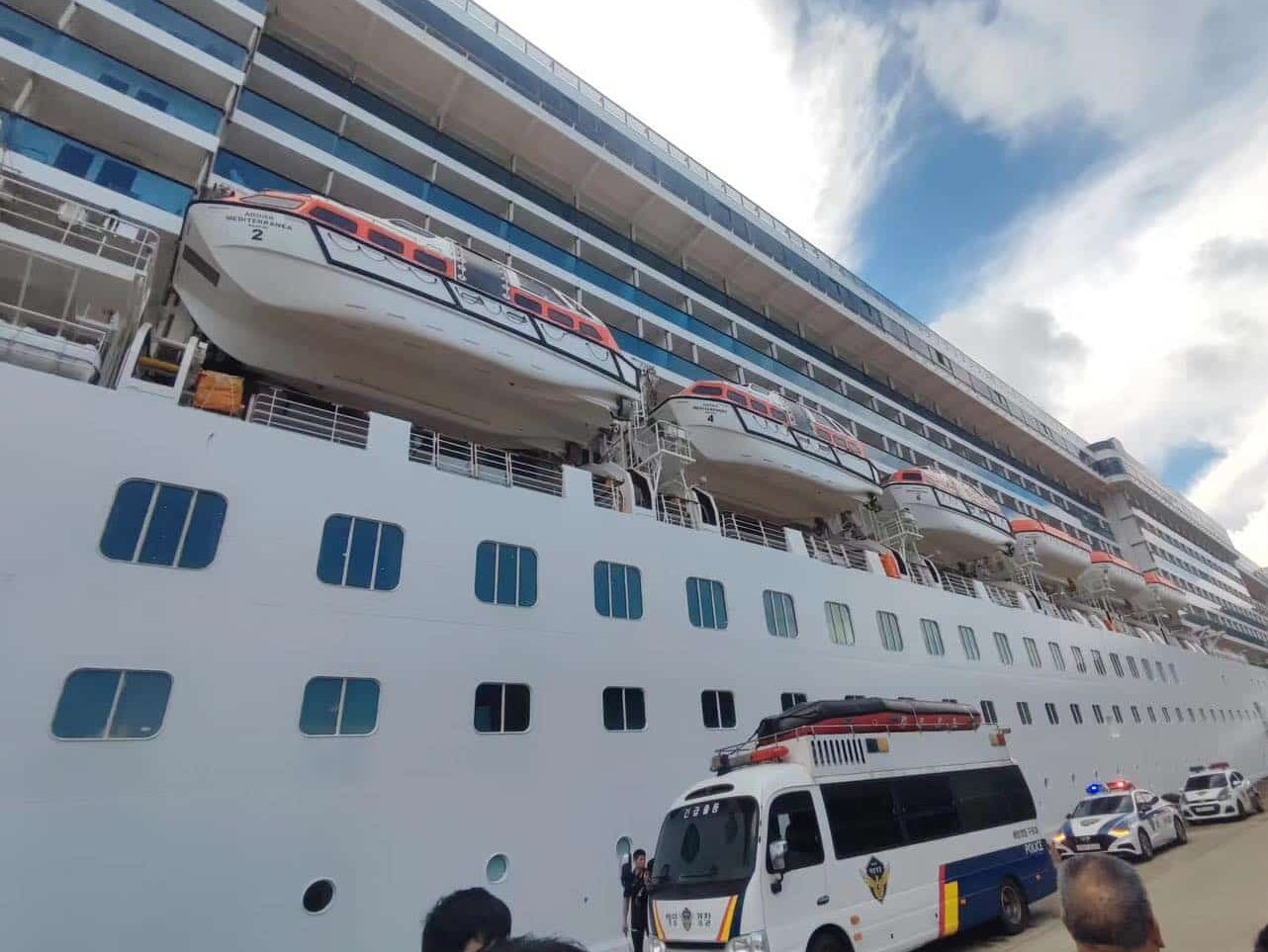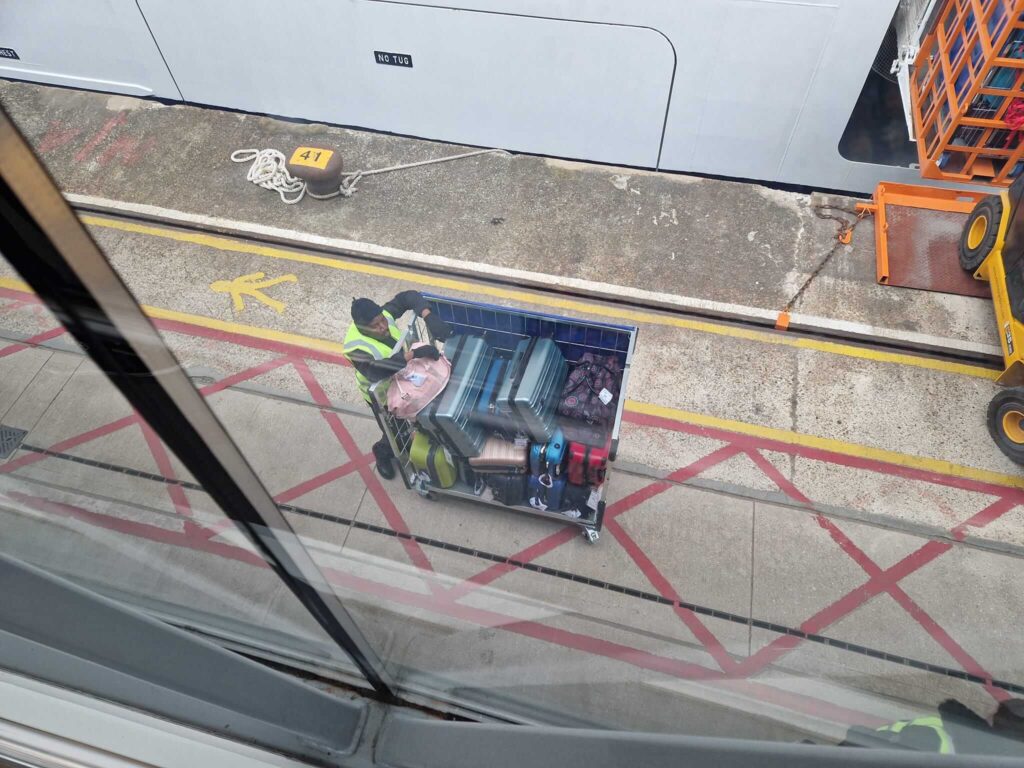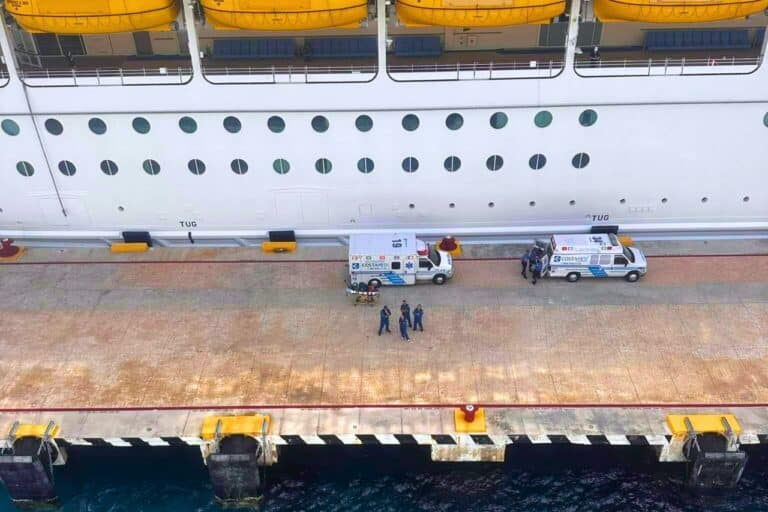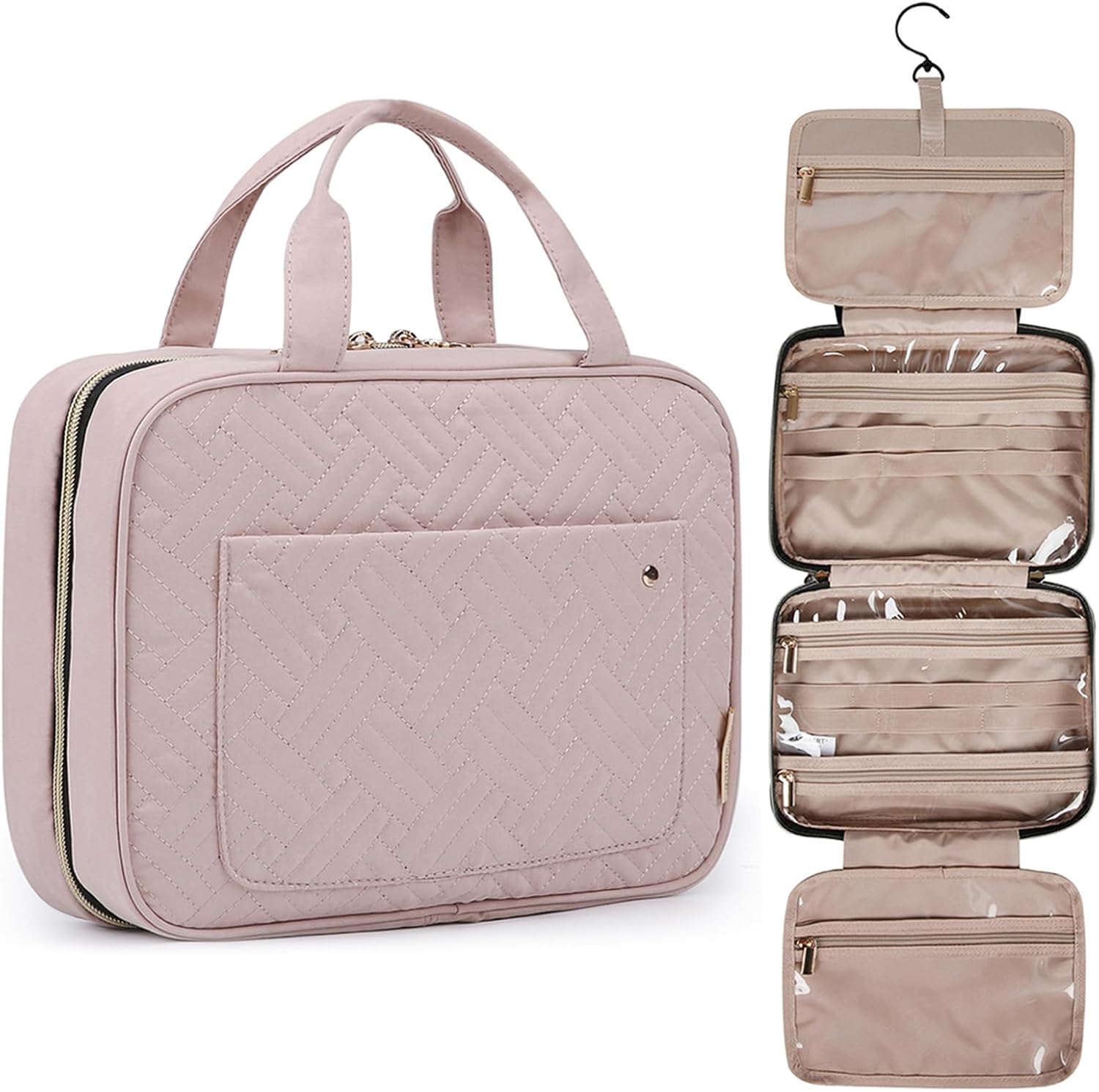Cruise vacations are all about relaxation and fun!
I know that no one likes to think about negative things, but at the same time, it is important to prepare for unforeseen situations.
Stuff happens (to avoid saying something else), and these scenarios are more common than you might think.
Without the right protection, they can turn your dream vacation into a stressful and costly ordeal.
In this article, we will explore the purpose of cruise travel insurance, what it covers, and why it’s so important.
Risks of Cruise Travel

As I was saying at the beginning of the article, cruises are not risky. Accident rates are quite low, so you don’t have to worry from this point of view.
However, there are 3 cases that are quite common and for which it is important to have insurance.
1. Unexpected medical emergencies
The first is definitely unexpected medical emergencies.
Unlike a trip ashore, receiving medical care on a cruise ship can be much more complicated and expensive.
Every cruise ship has a medical team on board, but for obvious reasons, the equipment and facilities allow for the treatment of only a limited number of conditions.
For this reason, it is sometimes necessary to transfer patients on the ground, sometimes by helicopter. An operation that, as you can imagine, can be quite expensive.
A few months ago we also talked about the cruise passenger who received a very high bill after going to the ship infirmary for a simple issue.
2. Trip cancellations or interruptions

I must admit that cancellations and itinerary changes on cruises are quite frequent, especially if you travel during hurricane season.
Cruise ships are very dependent on weather and sea conditions and the captain can decide to change the itinerary to avoid risk to passengers.
In addition, several cruises are canceled or delayed due to technical or mechanical problems with the ship.
Travel insurance can cover the costs related to all these changes that are beyond your control and that cruise lines usually do not cover.
In the article on tender ports, I explained why cruise lines are not required to offer a refund even if they skip a port of call.
3. Lost or delayed luggage

The last, very important eventuality, concerns the loss or delay in baggage delivery.
Consider that luggage can always be lost, whether you are traveling by plane or on a cruise ship.
Unfortunately, I know something about it because a cruise line once lost my luggage.
On the ship, I was given a kit with basic essentials (toothbrush, toothpaste, razor, slippers) and a voucher to buy clothes.
The important thing to note is that cruise lines offer a very small amount when this happens, sometimes just around $100 dollars.
On the contrary, with travel insurance, you can usually be reimbursed between $500 and $1,500.
To avoid any unpleasant situations, remember to always have a carry-on bag with all the essentials.
How much does cruise travel insurance cost?
Well, that’s a good question and it’s a bit complicated to answer. The price can vary based on the things the insurance covers and the policy it offers.
In general, the price can go between 5% and 10% of the total of the cruise. So if you pay $2,000 per person, the insurance could range from $100 to $200 per person.
Some insurers also offer a flat rate per day of travel. The price in this case can go between $4 to $10 per day per person, which is why they are more common for budget insurance options with limited coverage.
Some personal factors may influence the price of the insurance. For example, the passenger’s age and pre-existing medical conditions.
How to Choose the Right Cruise Travel Insurance?
Just like any other insurance, the thing you should look at is the policy.
Read that very carefully and evaluate the terms of coverage limits and exclusions. Remember that the insurance should cover all the non-refundable expenses.
Look at the section for medical emergencies and be sure it covers all the expenses, even in countries where your regular health insurance might not apply.
Then look for coverage that reimburses non-refundable costs if you need to cancel or interrupt your trip due to covered reasons like illness, injury, or severe weather.
And finally, make sure your policy covers lost, stolen, or delayed luggage.
If you can choose cruise-specific travel insurance. They usually offer added protection including coverage for missed port calls, itinerary changes, cabin confinement, and hurricane coverage.
includes non-surge power strip, lanyards, luggage tags, magnetic hooks and more!




